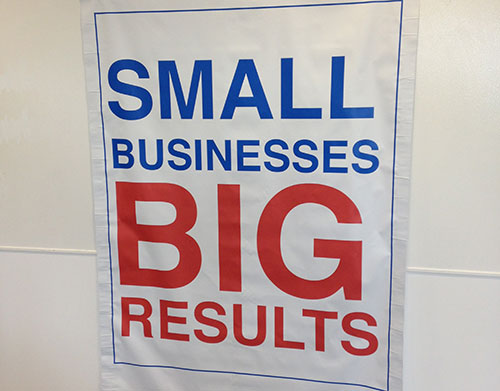In my career, I’ve of course seen managers not be able to handle adversity or not be willing to take client escalations, but it was a couple recent events that really reinforced with me the importance of calm for customer service managers.
The first example happened when I was interviewing an internal candidate for my Client Services manager development program at Indeed, called Indeed Lead. I asked this employee to talk about her current manager, and the focus of her description was calm. This manager kept the team from getting overwhelmed when the workload was heavy, stepped in with a solutions-oriented approach when the Sales team was being tough, and generally brought a sense of calm to the group. It was clear that this made a huge impact on the employee and was guiding her own approach to becoming a new manager. She wanted to be calm under pressure too.
As a contrast, the second example was the opposite of a calm manager. I was at one of my favorite restaurants picking up takeout, and was being helped by the manager. Suddenly, two employees walked up and suggested that a customer had left without paying. The manager was struggling with continuing to help me while also supporting his employees. Ideally, he would have asked another employee to cover the takeout counter while he investigated, or asked the employees to wait while he finished my transaction. Instead, he blurted out, “You guys are both idiots!” to his employees in clear earshot of customers. What was even more stunning was that one of the employees responded, “You’re right, we are idiots,” making me think it wasn’t the manager’s first outburst.
When I historically have thought about important service manager competencies, I’ve leaned toward caring, teaching, leading by example and being a product expert. While those together form a solid foundation, they all can fly out the window in periods of stress if the manager can’t also be a calming influence on the team.


